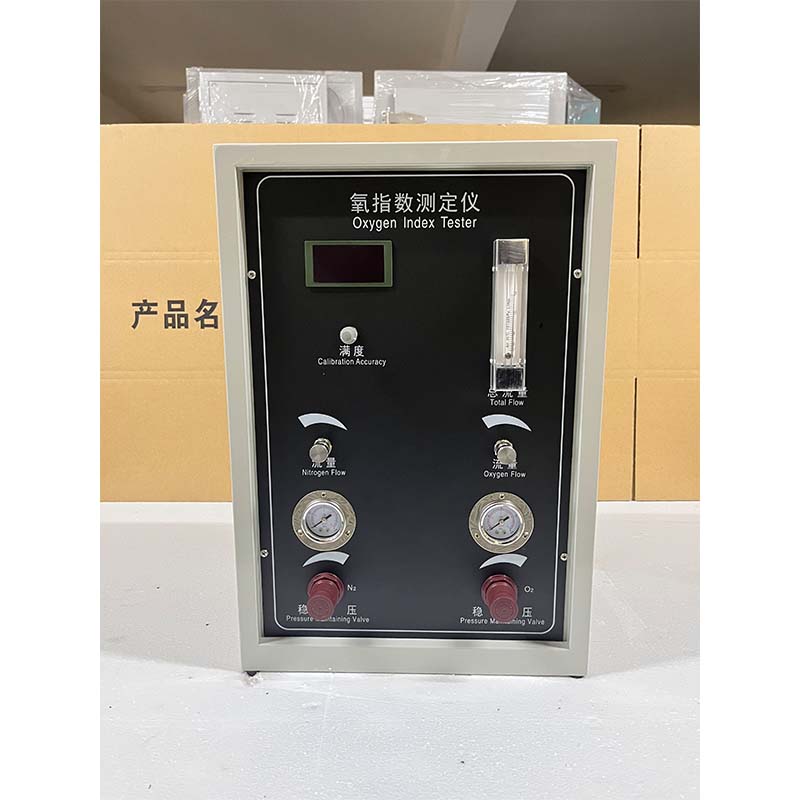Suppliers of Clamps for Tensile Testing Equipment and Solutions
Clamps for Tensile Testers Key Considerations and Suppliers
In the realm of material testing, tensile testers play a crucial role in assessing the mechanical properties of materials. These machines are designed to apply a controlled tensile force to a specimen until failure occurs, allowing engineers and researchers to evaluate the material's strength, ductility, and other important characteristics. One of the essential components of a tensile testing machine is its clamps. These clamps must securely hold the test specimen in place during the test to ensure accurate and reliable results. In this article, we will explore the importance of clamps for tensile testers and highlight considerations for sourcing them from reputable suppliers.
The Importance of Clamps
Clamps serve as the interface between the tensile tester and the test specimen. Their primary function is to grip the material firmly enough to prevent slippage while allowing for accurate measurement of the force being applied. The quality of the clamps can significantly influence the outcomes of tensile tests.
1. Preventing Slippage A common issue in tensile testing is slippage, where the specimen moves within the clamps rather than being pulled uniformly. Properly designed clamps grip the material securely, minimizing slippage and ensuring that the force applied is accurately transferred to the specimen.
2. Maintaining Alignment Deviation in alignment during testing can lead to erroneous results. High-quality clamps assist in maintaining the correct alignment of the specimen throughout the tensile test. This is essential for consistency between tests and for meeting industry standards.
3. Compatibility with Various Materials Different materials have unique properties that may require specialized clamps. For example, softer materials may require clamps with protective surfaces to avoid damage, while rigid materials may necessitate robust metallic clamps. Suppliers should offer a variety of clamp designs to accommodate different material types and testing scenarios.
4. Ease of Use The design of the clamps should facilitate quick and easy mounting and demounting of specimens. This is particularly important in industrial settings where efficiency is paramount. Clamps that are overly complicated can slow down the testing process.
5. Durability Given that tensile testing can involve significant forces, clamps must be manufactured from durable materials that can withstand repeated use without degradation. Regular wear and tear can lead to safety hazards and inaccurate testing.
clamps for tensile testers supplier

Choosing a Supplier
When sourcing clamps for tensile testers, several factors should be considered to ensure that you obtain high-quality products.
1. Reputation Look for suppliers with a strong reputation in the materials testing industry. Reviews and testimonials from other customers can provide insight into the quality of their products and customer service.
2. Range of Products A good supplier should offer a wide range of clamps that cater to various materials and testing needs. This ensures that you can find the right type for your specific applications.
3. Technical Support Strong technical support is essential, especially if you encounter issues with the clamps or need assistance in selecting the right product. A supplier that provides guidance and support can help resolve problems quickly.
4. Customization Options Depending on your specific testing requirements, you may need customized clamp designs. Choose a supplier that has the capability to create tailored solutions.
5. Warranty and After-Sales Service A supplier that stands by its products typically offers warranties and effective after-sales service. This can be an indicator of the quality and reliability of the clamps you are purchasing.
Conclusion
In conclusion, clamps are a vital component of tensile testers, directly impacting the accuracy and reliability of material testing results. When selecting clamps, it is essential to consider factors such as slippage prevention, alignment maintenance, durability, and ease of use. By partnering with reputable suppliers that offer a diverse range of high-quality clamps, engineers and researchers can ensure that their tensile testing is conducted efficiently and accurately. Investing in the right laboratory tools, particularly clamps, can make a significant difference in the reliability of material testing outcomes, ultimately leading to better material selection and engineering decisions.
-
Why the Conductor Resistance Constant Temperature Measurement Machine Redefines Precision
NewsJun.20,2025
-
Reliable Testing Starts Here: Why the High Insulation Resistance Measuring Instrument Is a Must-Have
NewsJun.20,2025
-
Flexible Cable Flexing Test Equipment: The Precision Standard for Cable Durability and Performance Testing
NewsJun.20,2025
-
Digital Measurement Projector: Precision Visualization for Modern Manufacturing
NewsJun.20,2025
-
Computer Control Electronic Tensile Tester: Precision and Power for the Modern Metal Industry
NewsJun.20,2025
-
Cable Spark Tester: Your Ultimate Insulation Assurance for Wire and Cable Testing
NewsJun.20,2025
 Copyright © 2025 Hebei Fangyuan Instrument & Equipment Co.,Ltd. All Rights Reserved. Sitemap | Privacy Policy
Copyright © 2025 Hebei Fangyuan Instrument & Equipment Co.,Ltd. All Rights Reserved. Sitemap | Privacy Policy
